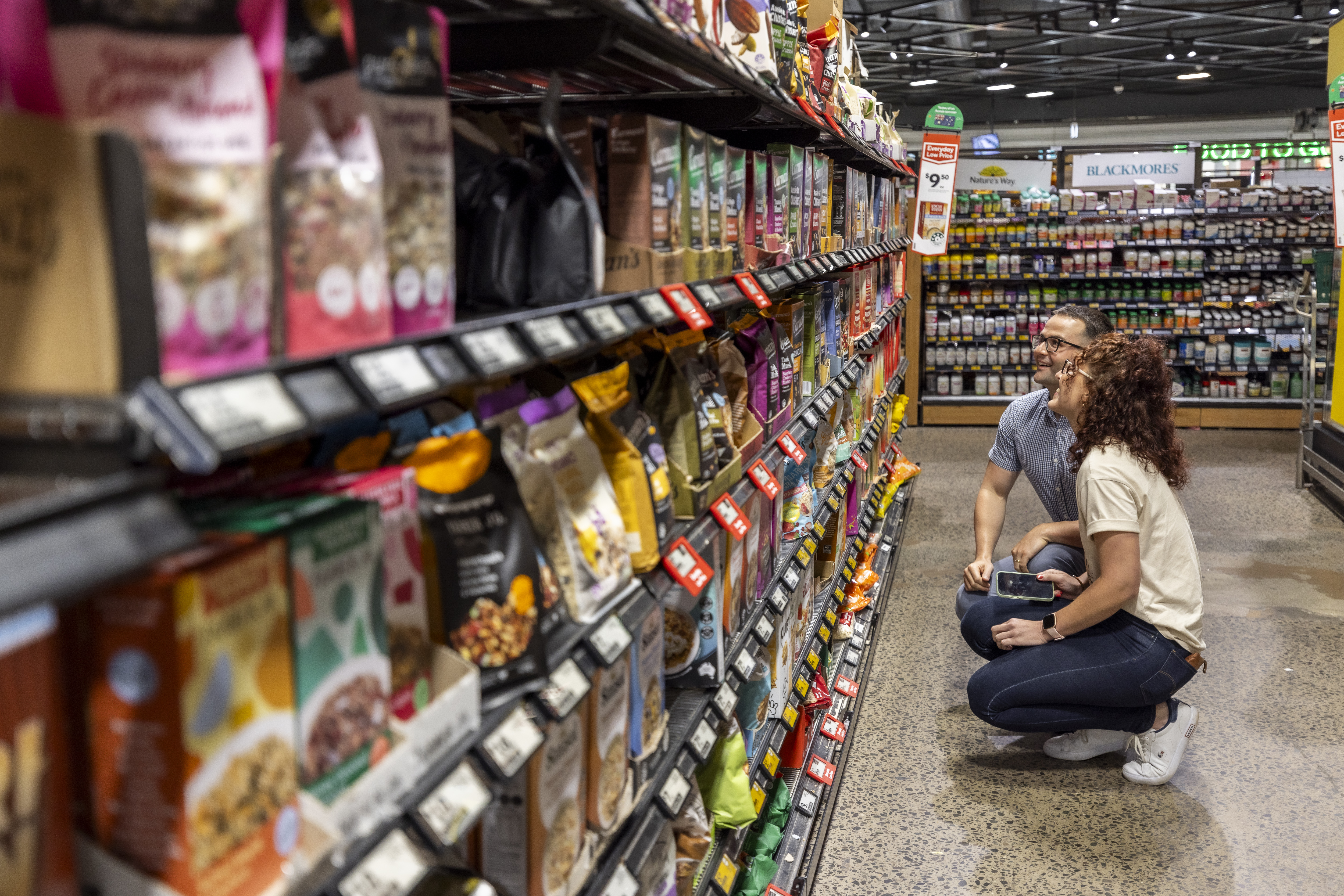News release
From:
Call for urgent ban on trans fats - new findings reveal hidden heart risk in Aussie supermarkets
Thousands of packaged food products on Australian supermarket shelves may still contain industrial trans fats (iTFAs), according to new research published in the Australian and New Zealand Journal of Public Health. This is putting Australians at increased risk of heart disease, despite international progress on eliminating these harmful ingredients from the food supply.
An analysis by The George Institute for Global Health of over 28,000 packaged foods and drinks from major supermarkets using the FoodSwitch Composition Database* found that while only four products explicitly listed partially hydrogenated oils – the main source of iTFAs – more than 4,200 products (15%) contained ingredients such as generic vegetable oils, where the processing method and inclusion of industrial trans fats was not disclosed. 1
Of 561 products that potentially contained industrial trans fats (including those with natural sources) and voluntarily reported trans fat content, 181 (32%) exceeded the World Health Organisation’s (WHO) recommended limit of 2% of total fat to reduce heart disease risk. Among the 336 products that only contained potential industrial trans fats, 104 (31%) exceeded the limit. 1,2
Lead author and Research Fellow at The George Institute, Dr Damian Maganja, said the findings add weight to the global push to eliminate iTFAs from the food supply.
“This study shows that dangerous trans fats are still lurking in our food supply – and consumers have no way of knowing.
“Australian labelling laws don’t require companies to state whether oils are partially hydrogenated or list trans fat content – making it almost impossible to assess how widespread the issue really is,” he said.
Industrial trans fats, created by turning liquid vegetable oils into solid fats, are most commonly found in cheap, fried and ultra-processed foods, but are easily replaced with healthier alternatives without altering taste or texture.2 Even in small amounts, they significantly raise the risk of heart attack, stroke, and premature death, disproportionately impacting low-income communities and those facing food insecurity.3
Each year, iTFAs contribute to around 500,000 early deaths from heart disease worldwide.4 Modelling studies show that banning these harmful fats could save up to 2,000 lives and prevent 10,000 heart attacks over the next ten years – and potentially save as many as 42,000 lives over the lifetime of Australian adults, as well as reducing health care costs from heart attacks by $80 million in ten years.5
Despite WHO’s call to eliminate iTFAs by 2025,6 Australia remains one of the few high-income nations without mandatory regulation – falling behind nations such as Canada, Denmark, France, Germany, Sweden, and the UK, which have adopted best-practice policies limiting iTFAs in all food settings.7 In 2015, the USA banned partially hydrogenated oils from its list of safe ingredients,8 and in 2019 the EU introduced a mandatory 2% limit on trans fats in food products.9
“Without regulation, Australia risks becoming a dumping ground for unhealthy products that increasingly can’t be sold elsewhere. It also threatens the competitiveness of our food industry abroad and allows harmful products to continue circulating, especially in communities already facing disadvantage,” said Dr Maganja.
Researchers are calling on the Australian and State and Territory Governments to urgently introduce strong measures to eliminate industrial trans fats from the food supply – either through a complete ban of the use of partially hydrogenated oils in all foods, or by setting a mandatory national trans fat limit of no more than 2% of total fats, in line with WHO guidelines.2
“Relying on the food industry to voluntarily reduce harmful ingredients isn’t working in Australia. To truly protect public health, we need mandatory regulation. A full ban on this single ingredient would offer the strongest level of health protection, be easier to implement and enforce, and align Australia with international best practice,” said Dr Maganja.
About the Study
The study used the FoodSwitch Composition Database* dataset and examined ingredient lists and nutrition labels from major supermarket chains including Woolworths, Coles, Aldi, IGA, and Harris Farm. It builds on previous research from 2013 and 2018 and highlights continuing gaps in food regulation and labelling
* The FoodSwitch Composition Database is a continuously updated resource containing detailed nutritional data on packaged foods, reflecting 25-30% annual product turnover. It supports research, policy-making, and clinical nutrition by enabling analysis of food environments and guiding healthier dietary choices through digital tools.



 Australia; NSW
Australia; NSW



